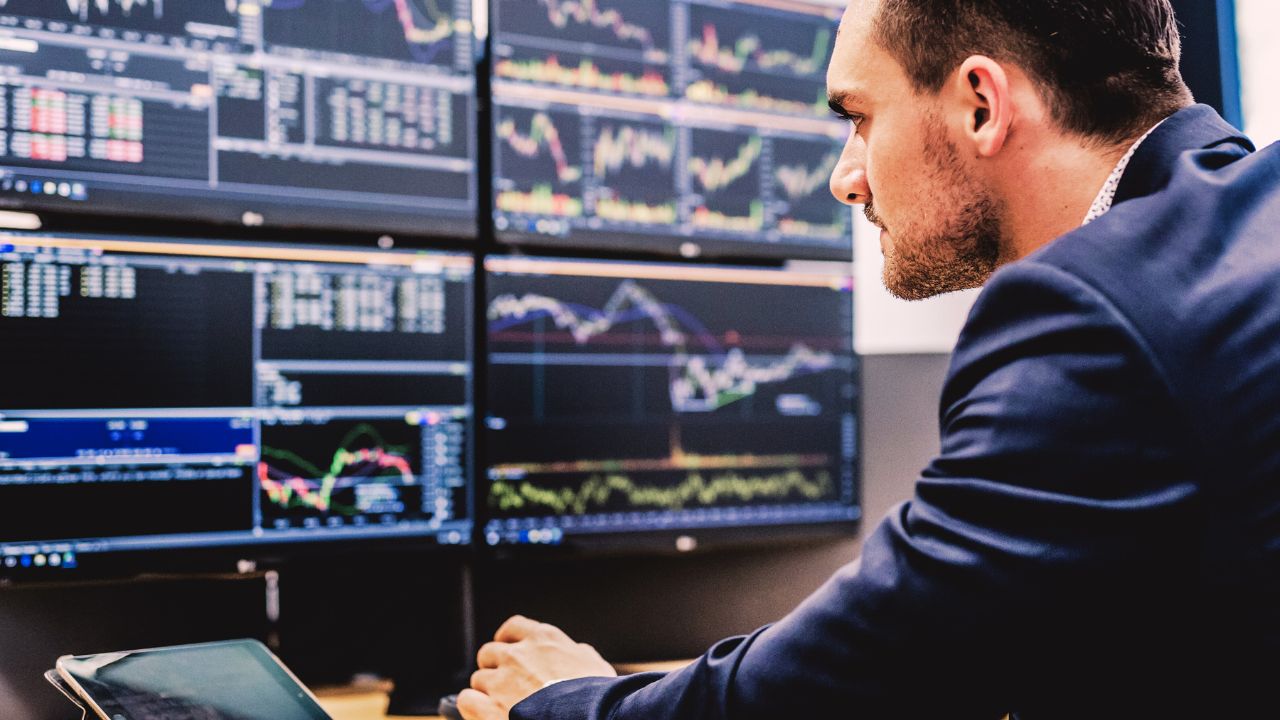Proprietary trading, or prop trading , has undergone a significant transformation in recent years, largely driven by advancements in technology. This once human-intensive sector now leverages cutting-edge tools and techniques that provide an undeniable competitive edge. Below, we explore how technology is shaping the future of prop trading and why it’s regarded as a critical catalyst in this high-stakes domain.
Speed and Efficiency with Algorithmic Trading
One of the most notable technological advancements is the use of algorithms and high-frequency trading (HFT). Algorithms analyze vast datasets within milliseconds and execute trades far faster than any human could. For example, HFT systems can process thousands of trades per second, ensuring that prop traders capitalize on even the slightest pricing discrepancies. This speed advantage isn’t just convenience—it’s a necessity in markets where trading windows can disappear in the blink of an eye.
Data is the New Oil
Modern prop trading thrives on data. From market trends to geopolitical events, traders now integrate real-time data feeds to refine strategies and make informed decisions. Advanced analytics tools, powered by machine learning and artificial intelligence (AI), take it a step further. For example, AI models can identify patterns humans might overlook, predicting market behavior with increasing accuracy. Companies utilizing AI-driven insights often report higher returns as a result of superior decision-making capabilities.
Decentralization Through Cloud Technology
Cloud computing has become another game-changer. Proprietary trading firms no longer need to invest in high-maintenance data centers and hardware. Instead, leveraging cloud-based platforms ensures cost efficiency, scalability, and access to global markets. For firms looking to expand without sinking capital into infrastructure, this technological shift opens doors to unprecedented opportunities.
Cybersecurity and Automation
With technology comes responsibility, and nowhere is this truer than cybersecurity. Prop trading systems face risks ranging from data breaches to algorithm manipulation. Advanced encryption techniques and robust cybersecurity frameworks have become essential to protect sensitive trading strategies and data. Simultaneously, automation tools take over repetitive tasks, enabling traders to focus on more complex market analysis and decision-making.
What the Future Holds
The role of technology in modern prop trading is set to expand further with innovations like quantum computing and blockchain. These technologies promise faster computations and more transparent transactions, hinting at exciting possibilities for the years ahead.


